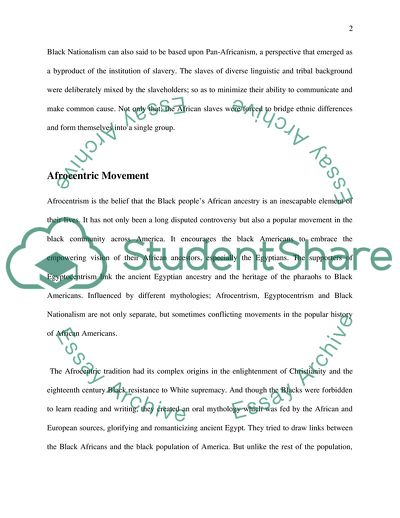Cite this document
(From Nationalism to Afrocentrism Literature review, n.d.)
From Nationalism to Afrocentrism Literature review. Retrieved from https://studentshare.org/sociology/1706495-from-nationalism-to-afrocentrism
From Nationalism to Afrocentrism Literature review. Retrieved from https://studentshare.org/sociology/1706495-from-nationalism-to-afrocentrism
(From Nationalism to Afrocentrism Literature Review)
From Nationalism to Afrocentrism Literature Review. https://studentshare.org/sociology/1706495-from-nationalism-to-afrocentrism.
From Nationalism to Afrocentrism Literature Review. https://studentshare.org/sociology/1706495-from-nationalism-to-afrocentrism.
“From Nationalism to Afrocentrism Literature Review”. https://studentshare.org/sociology/1706495-from-nationalism-to-afrocentrism.


